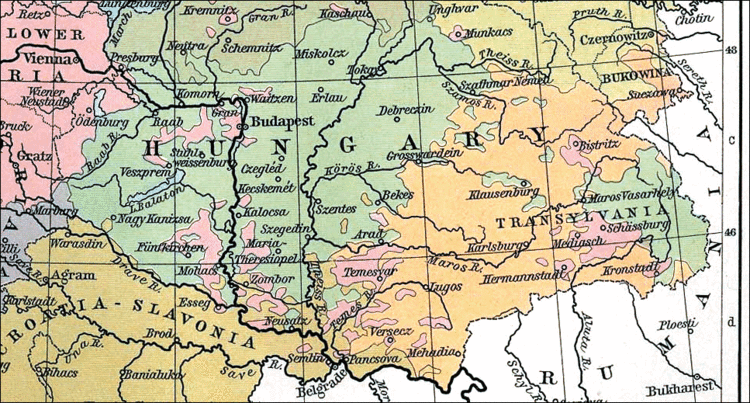
Age Of Disloyalty
03/18/2006
Hungarian-Canadian journalist George Jonas, writes in Canada’s National Post [A question of loyalty, March 10, 2006] that
Until recent times, the West has been spoiled by the loyalty of immigrants, even from hostile regions or cultures.
I think that part of the reason for this is that before the First World War in some countries, and during the Cold War in others, immigrants had no nation-states to be loyal to. Ireland, for example, didn’t become "A Nation Once Again" until 1921, and thus Irish patriotic feelings, kept alive by many an Emerald Society, couldn’t express themselves as dual loyalty, because Ireland was (unwillingly)part of the United Kingdom, and they weren’t going to be loyal to that.
In the same way, Russian Jews fleeing pogroms had no reason to feel loyalty to Czarist Russia, and many Central-European homelands were part of either the Russian Empire, or of the Austro-Hungarian Empire.
Italy is a special case, it didn’t exist as a unified nation until 1861, and in the traditionally impoverished South of Italy, people are more likely to think of themselves as Calabrian or Neapolitan than Italian.
More recently, Cold War immigrants, like Jonas himself, who left Hungary in 1956, one step ahead of the Russian invaders, have frequently been extravagantly loyal. (At one time, a large number of US Special Forces operators were from Captive Nations, because the Army needed their language skills. )
Jonas writes
The pattern continued during the Cold War, when former nationals of hostile communist countries often found refuge in North America. These newcomers of various ethnicity and religion, from Eastern Europe to Vietnam, were as supportive of the values and interests of their adopted countries as native-born citizens of Western descent. Few Americans opposed the anti-American antics of Fidel Castro more resolutely than Florida’s ex-Cuban community.
But, once again, I'd argue that this comes from the historical accident of them having no homes to go back to. In a world with many fewer occupied countries, immigrants will be less likely to become "100 percent Americans," and more likely to loyal to their native countries.
That has obvious implications for immigration policy. Obvious to me, that is, but not, unfortunately, to Congress, or to the President.
